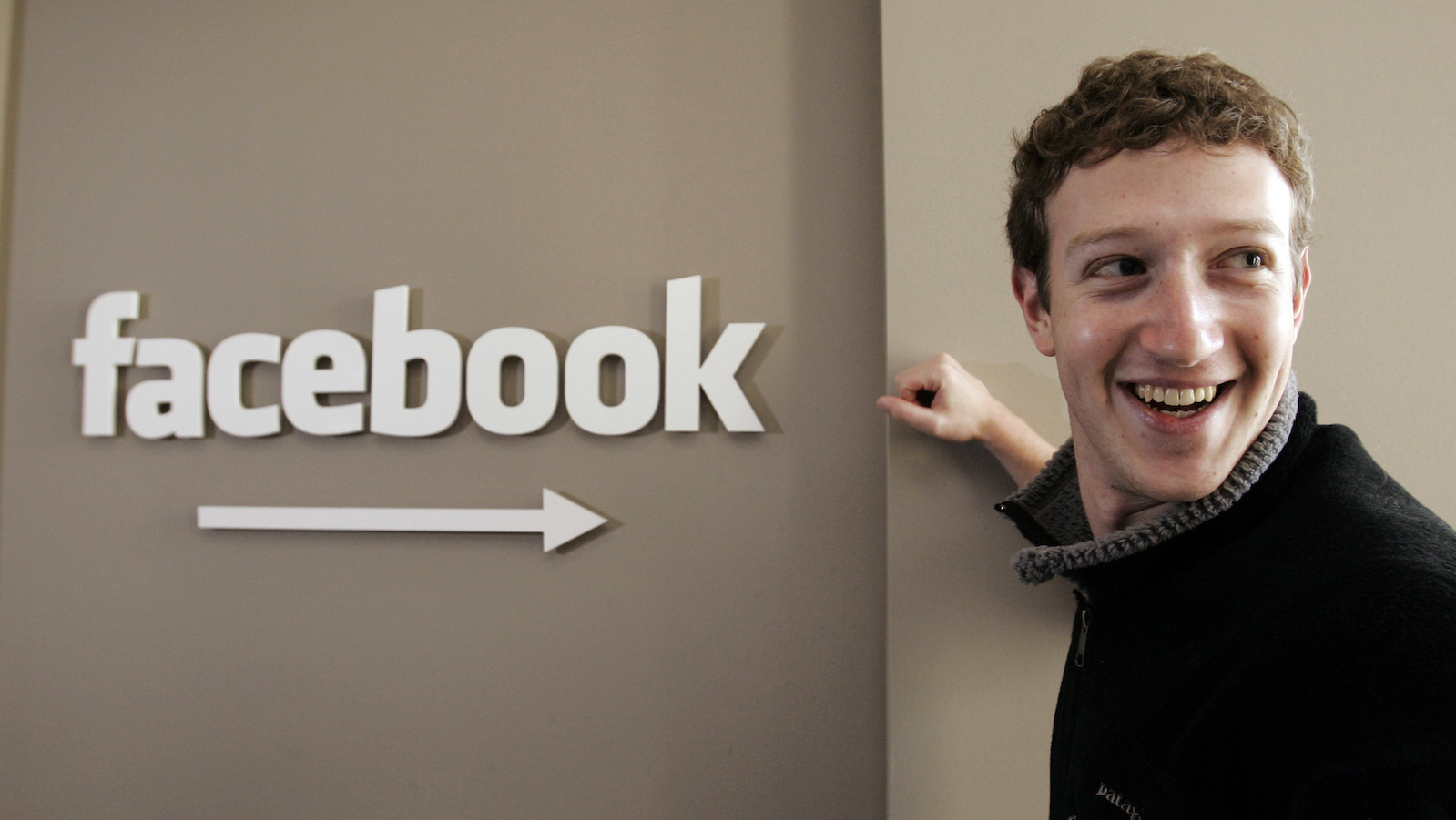
06 Sep The only startup founders who can embrace failure are the ones privileged enough to survive it by Andrew Yang
Several months ago, I spoke at a high school in Cleveland, Ohio, about entrepreneurship. Many parents were there, and one father asked me, “What made you think that you were capable of starting a company?”
I thought back to what had led me to start my first company, a fundraising site for celebrity-affiliated causes, at age 25. “When I was a kid, my parents hammered into me that I could do anything anyone else could do,” I said. “I met some people who had started companies, so I figured that I could too.”
That was true enough—but the answer was incomplete. The truth is that privilege made me unusually well-positioned to start a company. And when it eventually failed, as so many startups do, I had personal and family resources that enabled me to bounce back. Too many people in the US cannot afford to take those kinds of risks. And that’s a problem for anyone who believes that entrepreneurship should be a meritocracy.
Back when I was 25, I didn’t really know anything about how to launch a company. But I had a lot of other advantages. I had a good (and expensive) education. I had savings and access to credit. I had connections that allowed me to get up in front of rich people and raise about $250,000 from angel investors. I had a friend who let me move in with them to save money on rent. I didn’t have any family responsibilities: My parents were healthy and didn’t require financial support. I didn’t have kids or a spouse. And I was confident that, if I needed to, I could always find a job down the line.
Even so, when my first startup failed, it did a number on my confidence. Everyone who knew me knew that I’d tried to launch a company and that it had tanked. I was a failed entrepreneur with a net worth of negative $100,000 from the loans I’d taken out for law school. I used to call my school loans “my mistress” because it felt like I was sending a check to support a family in another town. My self-esteem was low, and I had a hard time getting together with people or facing my parents.
But I did have a safety net. And so, eventually I got a new job and went on to work for series of other startups. I became the CEO of an education company that was acquired by the Washington Post. Finally, I founded Venture of America, a nonprofit that recruits and trains aspiring young entrepreneurs to build businesses in Detroit, Baltimore, New Orleans, and other US cities.
Many of the talented young people I work with today with are from lower-income backgrounds. They have big dreams, but they feel that privilege and entrepreneurship go hand-in-hand. And for the most part, they’re right.
Research shown that there’s a substantial correlation between a person’s socioeconomic background and the likelihood of their starting a company. An old UK study found that the most common shared trait across entrepreneurs is access to money, whether via family, an inheritance, pedigree and/or connections.
A more recent US survey found that in 2014, over 80% of startups were initially self-funded. Another recent demographic US study found that the majority of entrepreneurs were white (84%) males (72%) with strong educational backgrounds and high self-esteem. One of the authors commented, “If one does not have money in the form of a family with money, the chances of becoming an entrepreneur drop quite a bit.”
We see this reality reflected in many of our most prominent entrepreneurs. Donald Trump inherited millions from his father. Mark Zuckerberg famously dropped out of Harvard. (He and I went to the same boarding school.) Jeff Bezos went to Princeton and worked on Wall Street before founding Amazon. The truth is that it’s a lot easier to start a company if you have the ability to connect with investors and advisors, put off drawing a salary for a spell and take on risk.
One of the things most entrepreneurs love about their field is the idea that the market acts as a meritocracy. Theoretically, it weeds out the companies with bad ideas and poor business models and rewards the strong.
But there’s a growing recognition that the market has its own social dynamics, and that the systems and networks surrounding startups are not designed to address disparities. Too many potentially important companies never come to fruition because startup culture—intentionally or not—marginalizes women, underrepresented minorities, and first-generation college students.
By now it’s clear that the market isn’t going to self-correct on its own. We need to acknowledge the role that privilege plays in today’s entrepreneurial landscape, and we need to be proactive about changing the demographics in the startup community. That could mean mentoring someone you have little in common with, or taking a chance on a promising young person and cutting a check.
For too many kids in the US today, the phrase “You can do anything” feels like an empty promise. It’s time to make it a reality.


Sorry, the comment form is closed at this time.